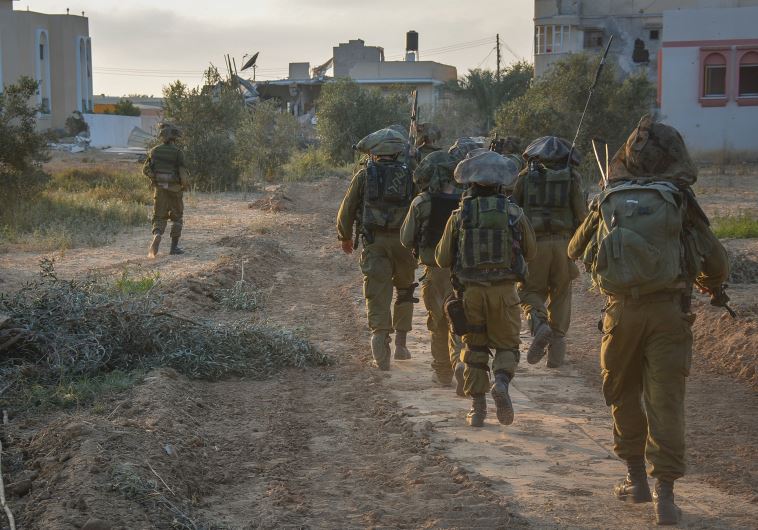Operation Protective Edge: A success, with flaws
Thus significant positive developments came out of Operation Protective Edge despite its failures.
 IDF FORCES operate inside the Gaza Strip during Operation Protective Edge(photo credit: IDF SPOKESMAN’S UNIT)Updated:
IDF FORCES operate inside the Gaza Strip during Operation Protective Edge(photo credit: IDF SPOKESMAN’S UNIT)Updated: